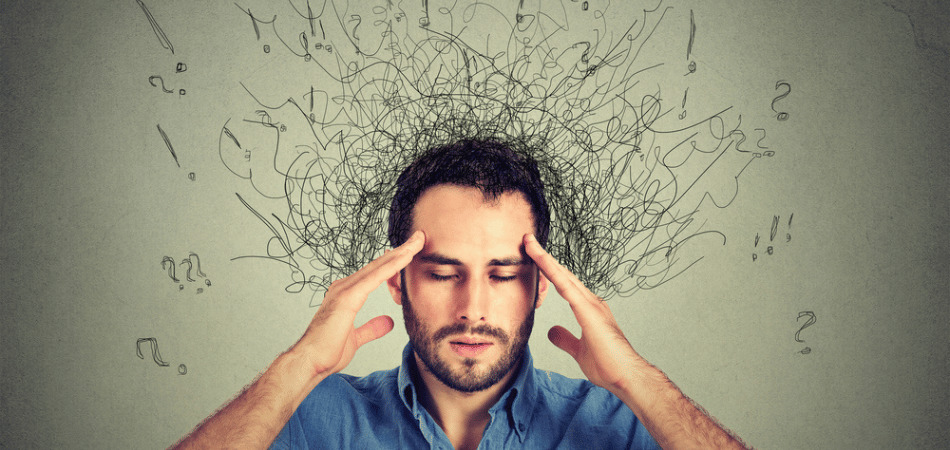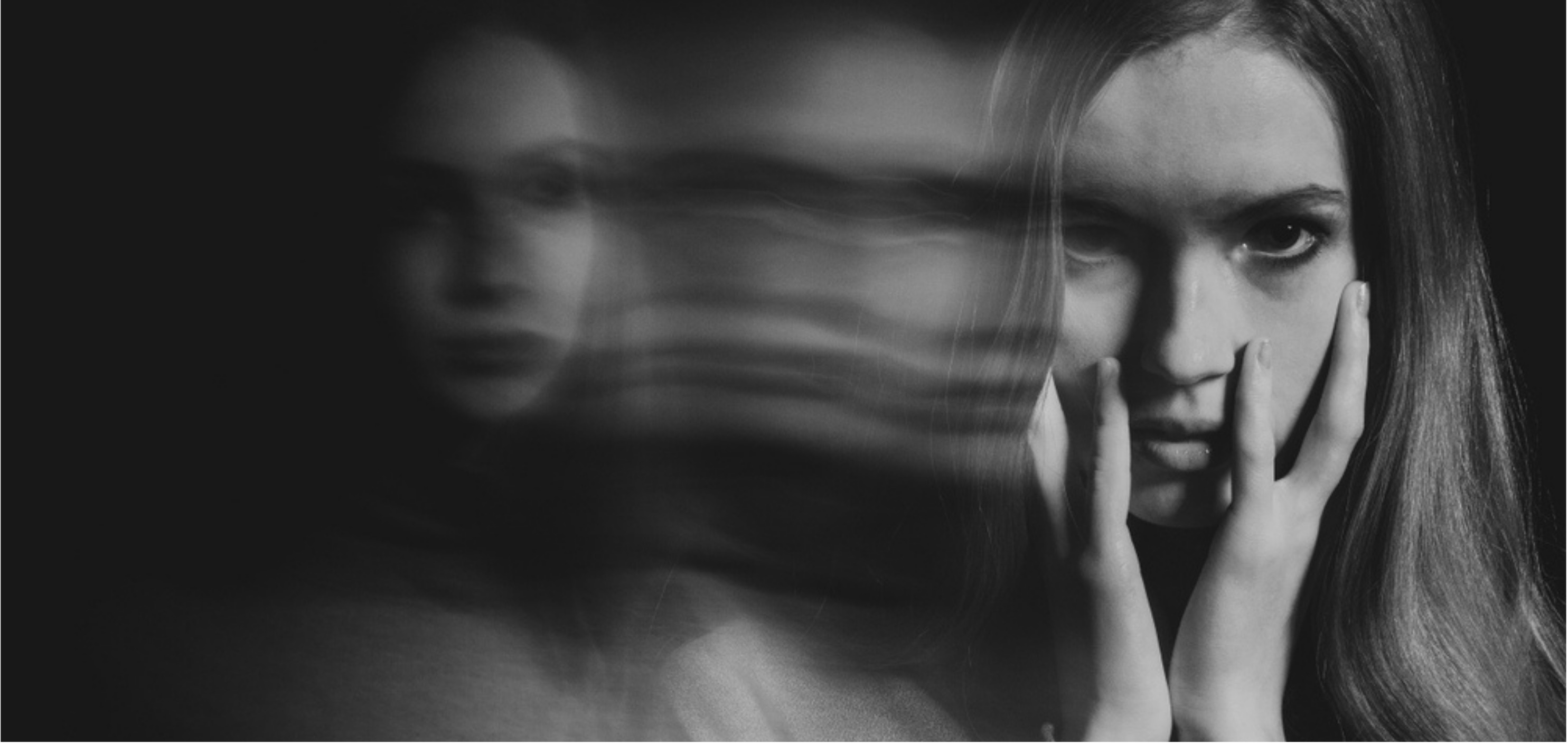Last Updated:
November 25th, 2025
OCD and Addiction | Symptoms and Treatment Options
If you live with OCD, you’re no stranger to the mental tug-of-war it brings with compulsive thoughts you can’t escape and rituals you can’t ignore. Add addiction to the equation, and it can be like pouring fuel on an already raging fire, leaving you feeling burnt out and in despair. At Recovery Lighthouse, we know how overwhelming this struggle can be, but we can quiet the chaos of OCD and addiction. We have extensive experience in treating people with these destructive dual-diagnosis conditions, and we can help you break the link between addiction and OCD forever.

What is OCD?
Obsessive-Compulsive Disorder (OCD) is a mental health condition that can make you feel like your mind is running on a never-ending treadmill. It is estimated that 1-2% of people worldwide live with OCD, often beginning in childhood or early adulthood.
OCD creates intrusive thoughts (obsessions) that spark intense anxiety, compelling you to perform repetitive behaviours (compulsions) to quieten those thoughts. However, while these rituals might bring short-term relief from the obsessions, OCD quickly pulls you back into the same exhausting loop.
OCD symptoms can vary from person to person. For some, OCD might look like checking and re-checking if the door is locked, while for others, it is about lining things up just right or being obsessed with fears of contamination. Physical tics, such as blinking or throat clearing, can also accompany OCD as the body’s way of dealing with heightened stress.
Do I have OCD?
A medical diagnosis is required to know if you officially have OCD, but there are some signs of OCD that could point to the condition:
- Obsessive thoughts you can’t shake
- Compulsions you feel you must do
- Excessive need for control or perfection
- Time-consuming rituals
- Fear of harm to yourself or others
- Avoidance behaviours to prevent triggering obsessive thoughts or compulsive behaviours
- Emotional distress from “what if” scenarios that make you feel guilty, ashamed or anxious
After recognising these signs of OCD, the next step is often to identify which type of OCD you may have.
What are the 4 types of OCD?
OCD takes on different forms, but OCD symptoms generally fall into four categories. Recognising your specific type can help you feel less alone and better equipped to seek support:
1. Contamination and Cleaning OCD
This type of OCD revolves around a constant fear of germs, dirt or illness. You may be compelled to constantly wash your hands, sanitise every surface or avoid people, places or objects to feel “safe.”
2. Harm and Checking OCD
This type is driven by intense and irrational fears of causing harm. It may be driven by something like accidentally leaving the stove on or feeling responsible for someone else’s safety. You may find yourself checking, re-checking, and even triple-checking to avoid imagined dangers without the fear ever really subsiding.
3. Symmetry and Ordering OCD
If everything around you feels wrong unless it’s perfectly aligned or balanced, then this type of OCD probably sounds familiar. It causes compulsive straightening, counting or arranging with the drive to create symmetry or order, taking over all your thoughts and actions.
4. Forbidden Thoughts and Mental Rituals OCD
This type brings intrusive, distressing thoughts about topics that feel taboo or upsetting, such as sex, religion or violence. To counteract them, people often develop mental rituals like praying, counting or repeating phrases to neutralise the anxiety and “erase” those thoughts, but they never truly succeed.
What causes OCD?
OCD isn’t caused by one thing alone but is usually a combination of genetic vulnerabilities, brain differences and life experiences creating a perfect storm. While research is still ongoing, some of the factors that we do know include:

How do OCD and addiction link?
Research shows that about one in four people with OCD will also face addiction at some point and the connection between them can be both complex and chaotic. Living with OCD can feel like being trapped in a relentless mental storm and some turn to alcohol, drugs or even addictive behaviours in an attempt to quiet the noise. While these might numb the distress for a moment, they often leave you with stronger obsessions, heavier compulsions and the added burden of addiction.
Some of the most commonly co-occurring OCD and addiction struggles include:
OCD and alcohol addiction
Alcohol may feel like a shortcut to calming racing thoughts or reducing anxiety but it’s a false friend. Drinking to cope with OCD often leads to dependency while worsening OCD symptoms in the long run.
OCD and drug addiction
OCD and substance addiction can include prescription medicines and illegal drugs used to soothe symptoms or forget about the stresses of OCD for a while. In either case, drug use can spiral into addiction, leaving you battling OCD symptoms, cravings and addiction harm all at once.
OCD and sex/love addiction
Some people turn to relationships or intimacy as a way to escape their anxiety or obsessive thoughts. However, these patterns can evolve into unhealthy attachments which only add to the emotional pain and can create new obsessions.
OCD and porn addiction
Obsessive porn use can become both a coping mechanism and a compulsion in itself. This then deepens feelings of shame and loneliness, making recovery from either OCD or addiction even more challenging.
OCD and shopping addiction
Retail therapy may feel like a quick fix to distract from obsessive thoughts or lift low moods. However, compulsive shopping often results in financial stress, guilt and worsening OCD symptoms which lock in the addiction.
Treatment options for addiction and OCD
At Recovery Lighthouse, we understand that addiction and OCD intertwine, amplifying each other’s challenges. Our rehab treatment programme focuses on tackling addiction while offering support to help manage OCD symptoms.
Here’s what you can expect from our treatment options:
- Medically planned detox
- One-to-one therapy
- Group therapy
- Behavioural therapies, including DBT and CBT.
- Family support therapy
- Holistic therapies, like meditation, art therapy and yoga therapy.
- Free weekly group therapy for a year through aftercare and an invitation to join our Alumni events and network.
This approach will help you regain control over your life, step by step. By addressing the root causes of addiction and offering tools to manage OCD symptoms, you will learn healthier ways to cope with the triggers of both conditions, repair affected relationships and rediscover your sense of self beyond addiction and compulsions.
Get help for OCD and addiction today
Imagine a life where your thoughts no longer hold you hostage and addiction no longer controls your every action. With Recovery Lighthouse’s holistic approach to treatment, that dream can be a reality. Reach out to us today, and together, we can help you find balance, strength and a future of peace and possibility.
Frequently Asked Questions
(Click here to see works cited)
- UK Rehab. “Dual Diagnosis | Co-Occurring Disorders.” UK Rehab, https://www.uk-rehab.com/mental-health/dual-diagonosis/. Accessed 11 December 2024.
- UK Rehab. “OCD and Addiction | Mental Health and Addiction.” UK Rehab, https://www.uk-rehab.com/mental-health/ocd-and-addiction/. Accessed 11 December 2024.
- OCD-UK. “Types of OCD.” OCD-UK, https://www.ocduk.org/ocd/types/. Accessed 11 December 2024.
- Johns Hopkins Medicine. “Obsessive-Compulsive Disorder (OCD).” Johns Hopkins Medicine, https://www.hopkinsmedicine.org/health/conditions-and-diseases/obsessivecompulsive-disorder-ocd. Accessed 11 December 2024.
- Virtanen, Suvi et al. “Association of Obsessive-Compulsive Disorder and Obsessive-Compulsive Symptoms With Substance Misuse in 2 Longitudinal Cohorts in Sweden.” JAMA network open vol. 5,6 e2214779. 1 Jun. 2022, doi:10.1001/jamanetworkopen.2022.14779. Accessed 11 December 2024.
- Mancebo, Maria C et al. “Substance use disorders in an obsessive compulsive disorder clinical sample.” Journal of anxiety disorders vol. 23,4 (2009): 429-35. doi:10.1016/j.janxdis.2008.08.008. Accessed 11 December 2024.

